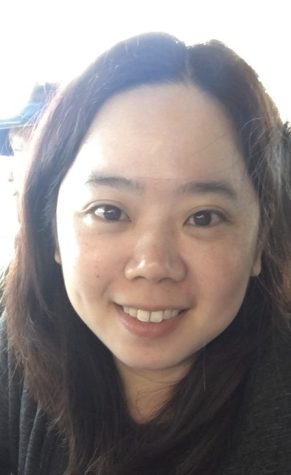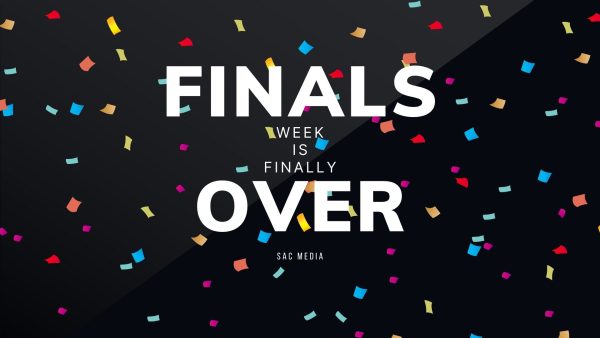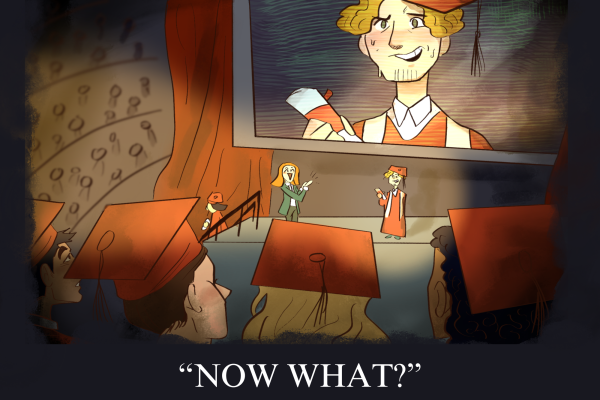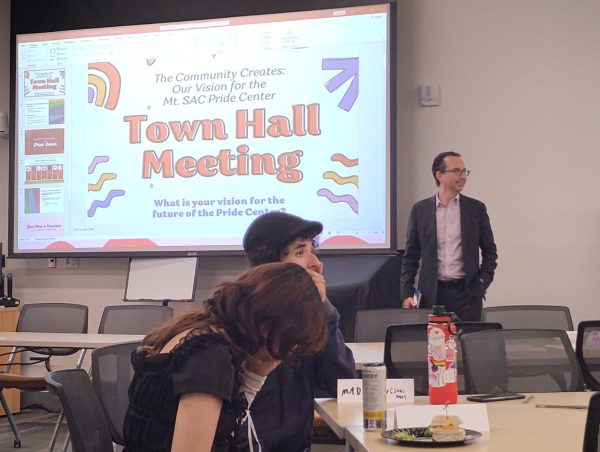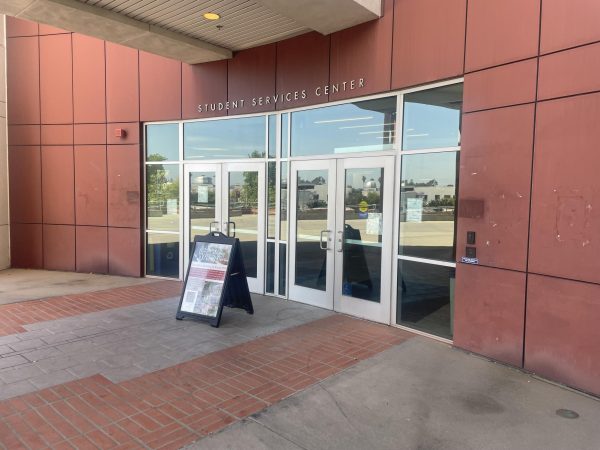Prepare yourself for the real world: 5 classes to take at Mt. SAC
The courses range from financials and philosophy to psychology
Although the academic curriculum is usually the most important thing in a student’s mind, it is not everything a student should focus on. Life skills are equally important, especially when entering the real world. Schools can prepare students for the real world if they know what classes to take.
Here are five classes that students should consider taking while studying at Mt. SAC.
Business: Accounting 71: Personal Financial Planning

Money. It is one of the most important, if not the No. 1, determining factor on how and what path students decide to take on their academic journey. The cost of tuition, housing, student loans, credit card debts, etc., can be why students get stressed or stop pursuing higher education.
This class discusses topics like “consumerism, debt, healthcare, investing, retirement, long-term care, disability, death, and taxes,” according to the course description.
This is the class to take if students have questions about any of these topics.
Ronda Shutt, adjunct accounting instructor, is one of the professors that teaches this class. She said that this class covers all the basics of what is needed to know about financial goals, success and happiness.
“But really it covers such a wide variety of things that students really don’t know that they don’t know … the difference between a savings account and a checking account,” she said. “We talk about credit cards and how compound interest is used on your average daily balance to calculate your fees on a credit card.”
Shutt also emphasized the importance of understanding how credit cards work and making payments. If you don’t, there is a possibility you are risking your credit and falling into debt.
“You know, debt can become chains that bind us,” she said. “Bind us to poverty, bind us to not being able to move forward with other financial goals because we become so encumbered with debt.”
She also gave examples of what she teaches, for example, the difference between renting versus buying a home and purchasing versus leasing a car.
Her goal for students to take away from this class is to have the financial knowledge that they need to take control of their financial situation.
“I think knowing having more knowledge, we become more powerful about making wise financial choices,” she said. “Knowing gives us control.”
Consider taking this class. It can equip you with skills that give you life-long benefits, hopefully, also a peace of mind that you don’t fall into debt unknowingly.
Counseling 5: Career and Life Planning
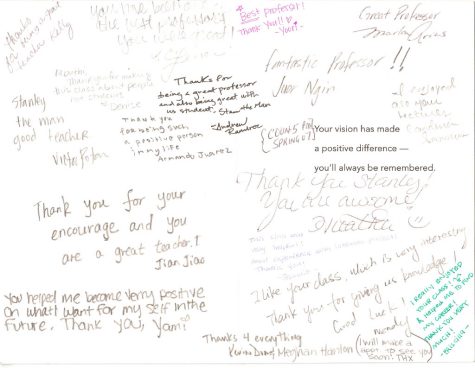
Another issue that students struggle with is choosing a major that leads to a career. There is a difference between picking a career that allows you to get a stable job or a job that you are passionate about. Taking this class will help you decide the path that benefits you the most.
Stanley Mbuthi, counselor and professor of one of the Counseling 5 classes, said that this class is about equipping students with the tools that help them make decisions on their careers and life.
Mbuthi said: “… not only do we just look at the self and the interests, not only do we look at the career information. But we teach students on how to be well-prepared for the world of work by teaching them how to write effective resumes, how to interfere with confidence, the questions which are commonly asked during the interview and how to answer them and how not to answer them.”
“So when students leave that class, they are equipped not only with the knowledge about their education and careers out there, but they are also equipped with the skills and knowledge on how to present themselves during a job interview and to conduct a very winning interview over the other candidates,” he continued.
He also talked about how students would often take advice from parents and counselors regarding a career path, but sometimes those pieces of advice are not the best. Ultimately, it still comes down to realizing what their strengths and interests lie. He encourages students to exercise the freedom to try out different majors.
“Do not let people be a shadow ahead of you. …We have freedom to choose and freedom to change our mind,” Mbuthi said.
Speech 26: Interpersonal Communication
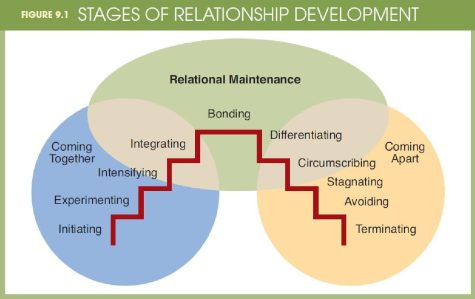
Whether you are an introvert who wants to avoid all human interaction possible or an extrovert who loves to talk to everyone you see, this is the class you want to take. That’s because communication happens regardless of your preference and relationships evolve through different stages.
The class overviews “factors that influence communication such as nonverbal cues, language, perception, culture, power dynamics, listening, self-concept, and health and personal well-being,” according to the course description.
Being a good communicator is more than having a back-and-forth conversation, there are multiple elements to it.
Steven Nahabedian, who teaches Speech 26, said that students apply the skills they learn in this class to every aspect of the real world. Casual conversation includes talks between coworkers and supervisors, classmates and professors or parents and family members, which are all examples of building a relationship.
Nahabedian said, students would be able to have better relationships, “Based on the fact of learning about culture and listening skills and overall communication language choices.”
He also said that learning how to communicate effectively can lead to happiness.
“… each week that we’re discussing something, they are really walking away happy and they come back to class happy because the overall quality of their life and the people in it that are important to them are happier,” he added.
Philosophy 12: Introduction to Ethics
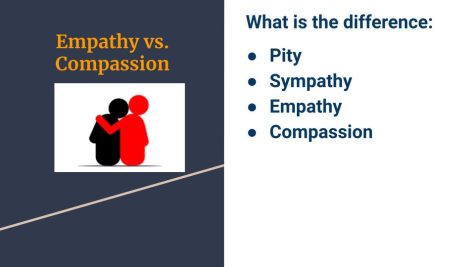
Sometimes students’ struggles are not caused by external factors, like unstable income, debt, losing in a competition or not getting the grade they wanted in a class. It could be internal as well, like a dilemma or an ethical battle, which is why taking Philosophy 12 is helpful.
Andrea Diem, who teaches Philosophy 12 and is chair of the philosophy department, talked about how the topics the class covers are ever-evolving and change depending on when the class is being offered and what is happening in the world.
For example, abortion, stem cell research, environmental ethics, animal welfare and religion are some topics that this class would currently cover.
“It’s not all theory-based,” Diem said. “… So even though the topics may be similar semester to semester, they’re constantly being updated.”
More importantly, this class is not about teaching someone how to win every moral argument but to expand a person’s compassion.
“It’s moving away from just being self-centered, about all about me to caring about the larger community, to the human race, to the environment, to the animal world, and expanding your moral consideration for the whole, not just the self … the value of that would be, and many argue this, that the more expansive your moral circle of compassion, the happier you are as an individual,” she said. “And that’s one of the goals and philosophy, which means love of wisdom.”
Because the well-being of students is the priority.
Psychology 33: Psychology for Effective Living

This class puts “emphasis on comprehension and application of principles to daily life and personal growth,” according to the course description. But what does that mean?
Psychology professor Lawrence Silva, who teaches this course, has the answer.
“The whole class is designed to apply as [students] learn it. And it’s about getting the skills from the class and applying them every day to make your life better and to truly flourish,” he said.
But what is “it?”
“It” is the topic that changes throughout the course. “It” can be gratitude or “it” can be strength.
For example, one of the assignments for this class is to learn about gratitude. For this assignment, students will have to write down five things that they are grateful for every day for a week. Same assignment for the second week. Then in the third week, they would just write for one day. In the fourth week, the assignment became writing down everything they think of that they are thankful for.
“I had one student tell me the other day that he wrote 158 things,” Silva said. “And what we’re doing through gratitude is we’re changing mindsets. We’re having people start to look at the world from a point of abundance rather than a point of deficit. And when you realize just how abundant and blessed your life is, you just feel phenomenal. But, of course, society is continually sending us messages that we should be wanting more, that what we have is never enough. And so we’re counteracting those messages and provide ourselves with great messages.”
The purpose of the assignment is to counter the negative mindset. From seeing a cup that is half empty to seeing a cup that is half full.
“So many of my students come in [the class] with negative mindsets, with fixed mindsets. They’re cynical. They don’t believe that they deserve happiness, which is really sad,” he said. “… So in any circumstance we teach, let’s go find the peace of gratitude. Let’s create happiness out of this situation.”
Having a positive vibe can change everything you see for the better and taking this class will allow you to start in that direction.
All five of the recommended classes have a degree applicable to Mt. SAC and transferable to Cal State Universities. In addition, Speech 26 and Philosophy 12 are also offered in the Honors Program and transferable to the Universities of California. Furthermore, these classes are offered every semester both on campus and online.
